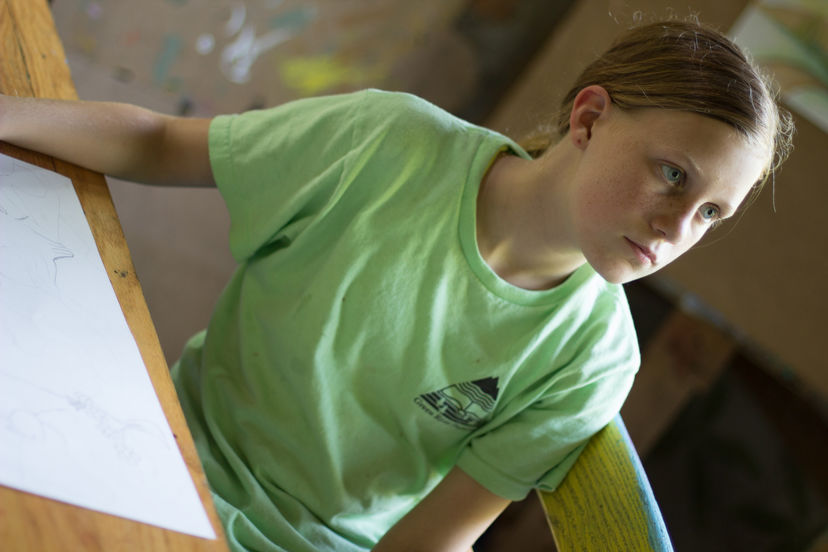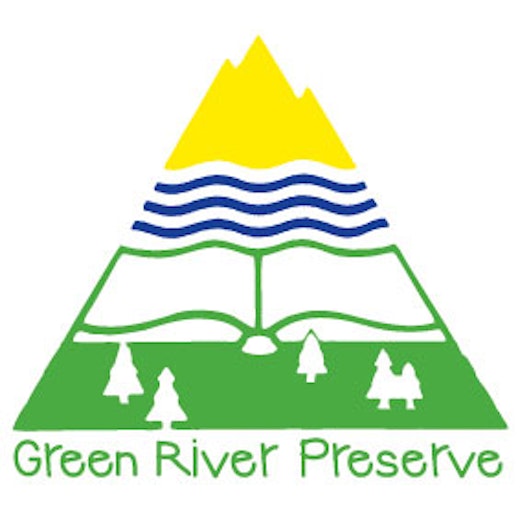More Freedom at GRP
In some ways, I know off-hand exactly what the life of a camper is like. They wake up in the morning to their counselors singing, “I’m so happy I woke up this morning!”, eat breakfast, do their daily chore, go on Mentor Hikes, eat lunch, sleep or giggle through Rest Hour, head off to Activities, hang out with friends during Free Time, eat dinner, and enjoy the Evening Program. Then Cabin Time, Rose, Bud, Thorn, and Lights Out. The pattern alters at certain points in the session (notably during Campout, Dupont Day, and the hike to Pretty Place), but by and large the formula stays the same. When I sat down to write a blog about the Life of a Camper, though, I wondered, “Do I fully understand the nuances of camp life from the other side?” I know exactly what it means to be a counselor, but I have never been a camper myself. To address this issue, I asked some of my campers, “How is camp life different from your normal life?” With only minor editing and consolidation, this is what they themselves had to say about camp life:

The community at camp is tighter than it is at school. There are no “popular kids” because there is no social structure, and anyone can talk to anyone else. There is no peer pressure and no judgement; no one cares about the way that other people look, and “you don’t have to shave your legs.”

There is more freedom at GRP. Even though the time here is structured, freedom exists within the structure. Campers sit less than at school and are more active, and they learn from hands-on activities.

Time goes slowly. The day is packed full, and campers are never bored. Between the Mentor Hikes, Activities, and Evening Programs, there is lots of variety, and in the evening when they do Rose, Bud, Thorn during Cabin Time, it is crazy to realize how much fits into each day.

Campers are more independent and responsible here. They get to choose Activities and Group Learning Projects, and Mentors often ask campers what they want to learn about during their morning Mentor Hikes. They are responsible for their own living space, work off of a bell schedule, do chores, and look out for each other.
Campers get over their fears (bugs and coming down off of the top of the Climbing Tower were mentioned) and learn to trust one another. Living together and seeing each others’ everyday habits helps them to make closer friends in the three weeks they spend at camp than they do in years of attending school.

Campers learn to say “thank you,” and be more appreciative of the people who make their food. They were adamant that the kitchen staff works incredibly hard and wondered, “Do they really do all those dishes themselves?!”
Campout teaches them about themselves and their community. Campers learn how to set up their sleeping tarps, build a fire, hang a bear bag, dig a sump hole, and clean dishes in the backcountry with their friends. Campout teaches them to use each other’s strengths and accept others at their worst. They learn how to control their emotions, have a positive mental attitude, and not complain (too much). Campers rely on teamwork, and everyone learns how to share and contribute.
Overall, the Life of a Camper is both challenging and rewarding. As a counselor, I have the pleasure of witnessing excitement and growth from campers each day. The experiences offered by Green River Preserve meet people where they are at in their lives, and they come out much the better from the meeting. If you are the parent of a camper, I thank you for sending your children here.
- Holly (WW1)
